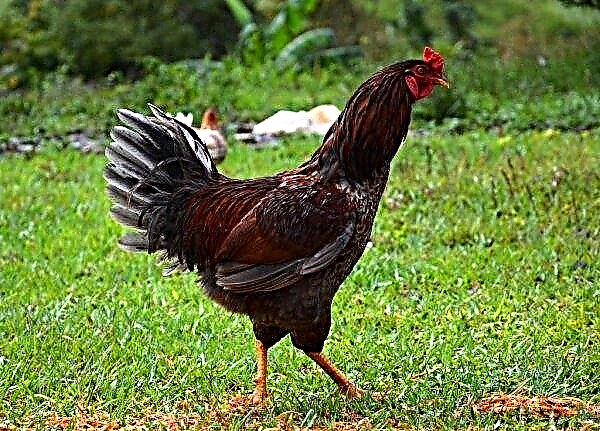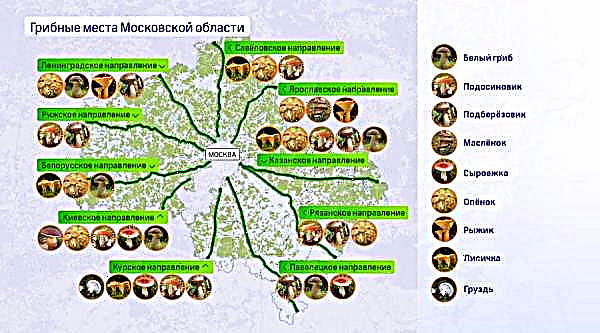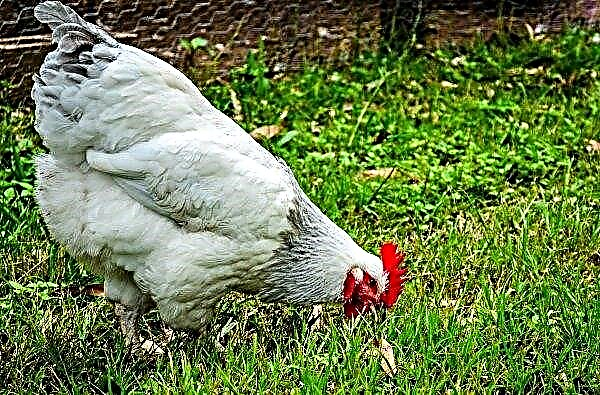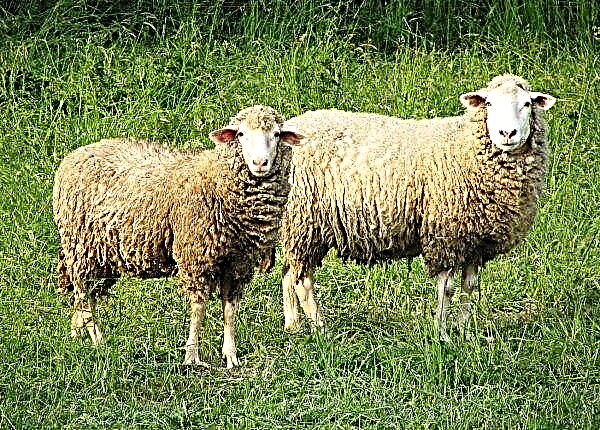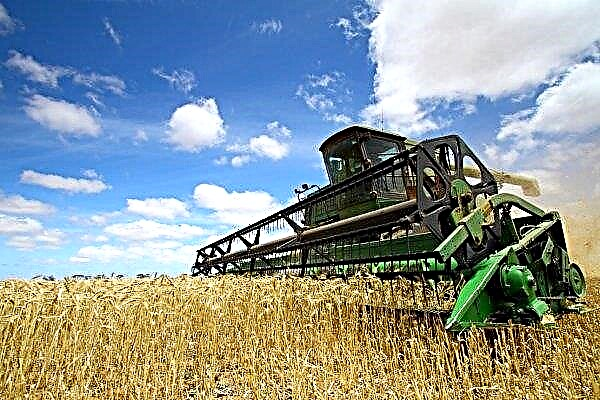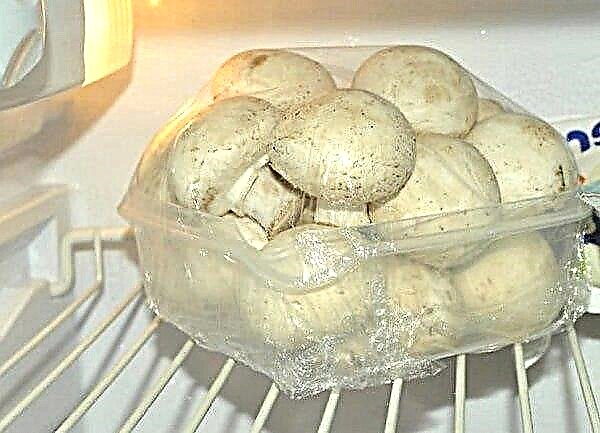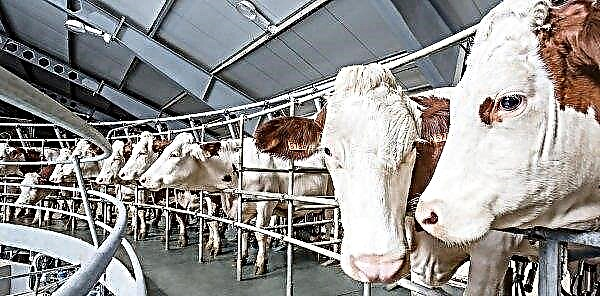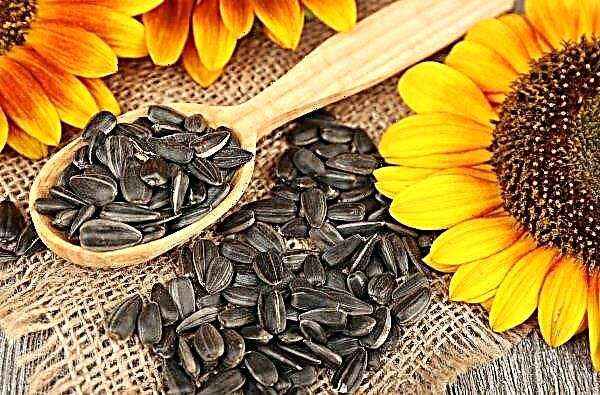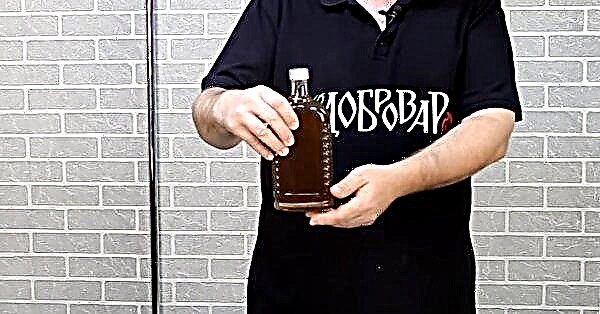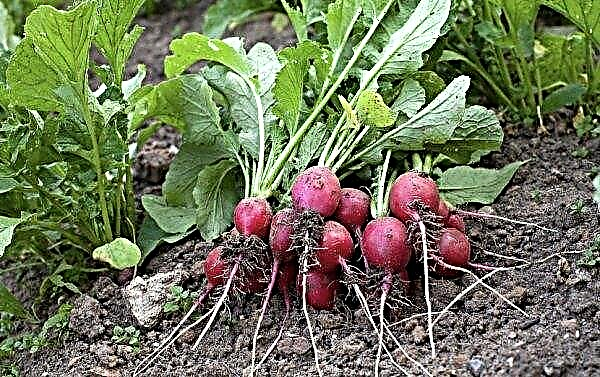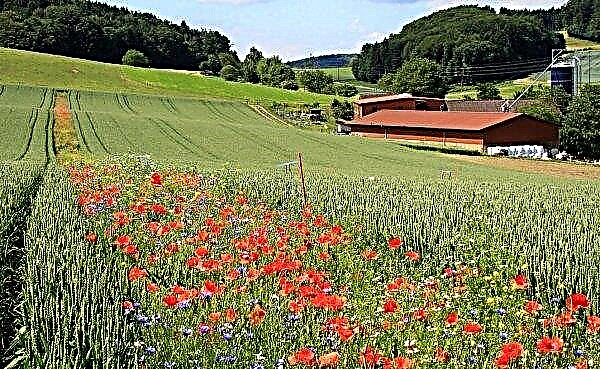Every year on the market you can meet more and more new seed producers, but, unfortunately, not all companies have the highest quality products. A true gardener, agronomist, or simply not having this business, a person must know how to choose the right seeds. The further behavior of plants, their germination capacity, yield, and ability to fight against pathogenic microorganisms and infectious diseases depend on your choice. These are important factors that influence growth and development.
Fundamental rules
When choosing seed, you should pay attention to 10 main points:
- If you are the first time doing seedlings, then, for reinsurance, buy seeds of different companies. Thus, you will learn how and why this particular manufacturer is in demand. After all, not from every package you can get a good crop without consequences.
- Before buying, carefully inspect the packaging. Packaging of quality material must comply with the following parameters:
- made of thick paper, on which there are no stains, a clear drawing of the plant is printed;
- the packaging must contain the name of the manufacturer, their logo and contact details, if contacted.
- at the back of the package a brief description of the culture and planting rules;
- the clear name of the plant. Some companies also use the Latin name corresponding to their State Register;
- quantity or weight of seeds.
- Buy only fresh seeds. Many people think that this is not worth paying attention to, because the seeds, directly, do not have contact with the medium, are always stored in packaging and covered with a shell. By no means, these are just delusions; the germination of a crop depends on their viability.
- Carefully approach the selection of seeds. Regardless of which plant you want to plant, decorative or vegetable, it must meet the general criteria of your area:
- Even the highest-yielding varieties can actually turn out to be a dummy, and the point is not at all in its quality, but in the conditions of germination. For such varieties, suitable conditions are needed: the correct soil composition, temperature conditions, air humidity and other weather conditions. While such varieties do not perform well, low-yielding ones appear in a new guise. After all, they are not whimsical, therefore, special efforts to create conditions are not required.
- Also, what you need to pay attention to is endurance. Each plant variety has its own resistance to diseases, pests and weather conditions. Pay attention to this, because with the onset of heat or cold in your area, they will not survive.
- The steeper the variety, the more you need it. Not always the best varieties can survive on poor soil - they are not adapted.
- Use already processed seeds. Now you can find a lot of processing options: in the form of dragees, in a gel shell, on a tape, plasma, inlaid. Science does not stand still, and there is nothing wrong with acquiring a novelty in the industry.
- Before work, decide what purpose the sowing will be done. If for harvest, then you can use ordinary seeds, and if for collecting seed, it is better to buy hybrids labeled F1.
- Make a crop plan in advance. Thus, you will soberly assess how much and what you need. Buying too much, you can not use it, but it will only stale, and lose its viability.
- When buying, you should not focus only on a bright picture and advertising. Often, thus, embellish the commercial quality of the product. Therefore, always read what is on the package: the duration of the growing season, the number of seeds, the height of the plants, the timing of flowering and fruiting, growing conditions.
- Do not rush to exotic. No wonder such seeds were called just that, because if the product itself is unusual, then it was grown under similar conditions. This means that in your garden is unlikely to grow an African banana or coconut.
- Try not to save on such purchases. Inexpensive is not always bad, but the low price can be alarming.
 The heaviest bell pepper in Canada was grown from selection seeds. Its weight was 695 g and was listed in the Guinness Book of Records.
The heaviest bell pepper in Canada was grown from selection seeds. Its weight was 695 g and was listed in the Guinness Book of Records.

Did you know ? Cucumber varieties Momordica charantia in translation means "bite". Until its seeds are ripe, all its parts cause a sharp burning sensation, like nettles, and the seeds have a very bitter taste.
By choosing the right seeds, you will protect yourself from embarrassing situations with the crop. Be careful, because when planting high-quality, healthy seed, you can maintain your health.

